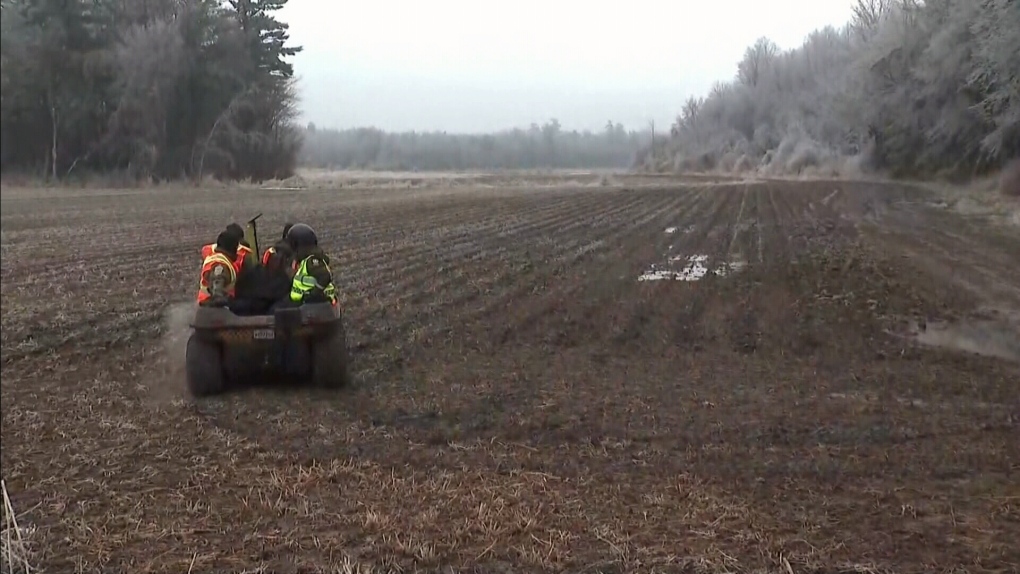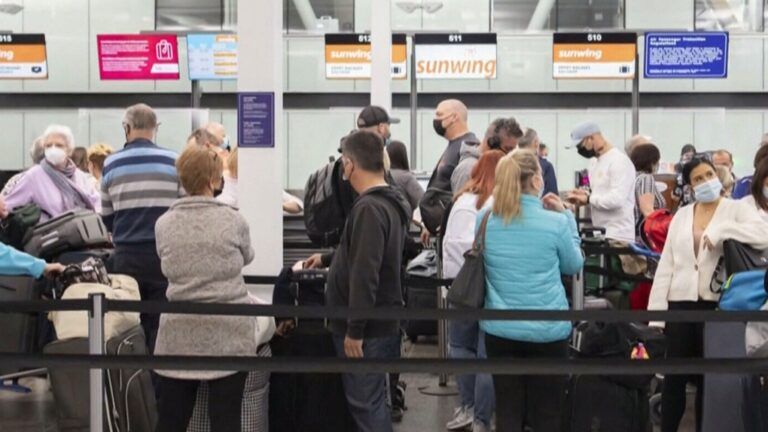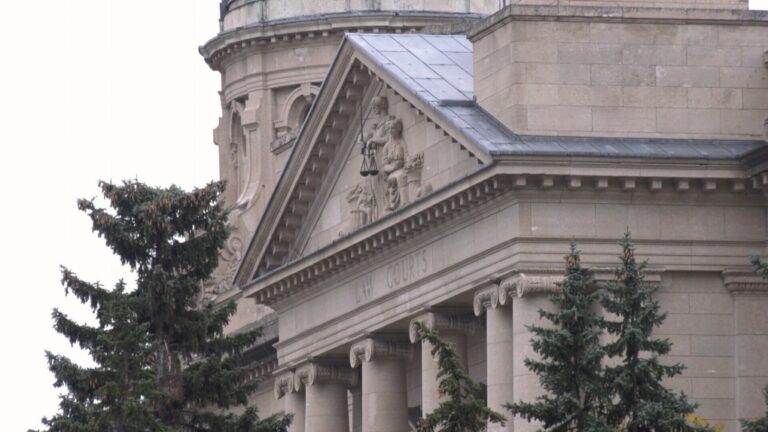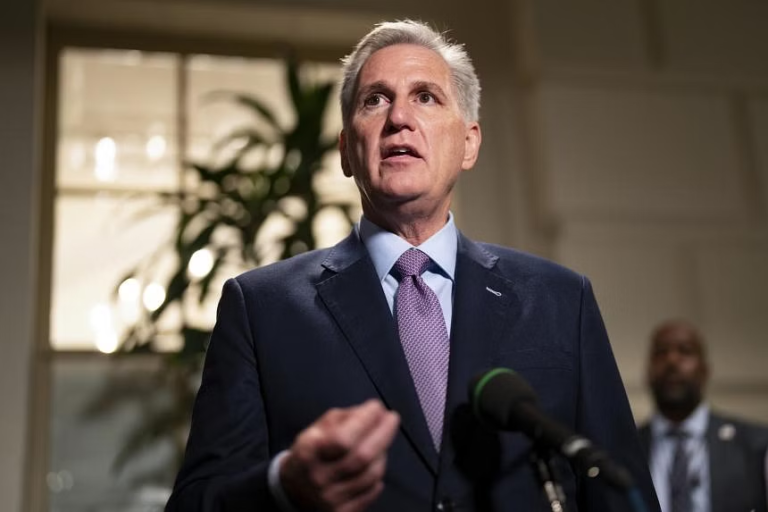An investigation is underway after a man’s body was found Wednesday afternoon in Montérégie, Que., near the Roxham Road crossing point between Canada and the U.S.
The man was a migrant, a police source confirmed to CTV News, who said his death is considered “suspicious” at this point, adding that the person does not appear to have died of natural causes or self-inflicted wounds.
Roxham Road is an unofficial border crossing site used frequently by asylum seekers heading into Canada through the U.S.
The body was spotted Wednesday around 2:15 p.m. by American border agents patrolling the area by helicopter, the U.S. Customs and Border Protection said in a statement to CTV on Thursday. Border patrol agents responded to area with the help of New York State police, the RCMP, and the Sûreté du Québec (SQ).
“It was determined that the deceased body fell under Canadian jurisdiction and an investigation is being led by Sûreté du Québec,” the statement read.
According to Quebec provincial police, the body was found deep in a wooded area in St-Bernard-de-Lacolle, and it had to be airlifted out.
No one was nearby when the man was discovered.
The man’s migrant status has not been officially confirmed by the SQ.
“Everything’s still open for us,” said SQ spokesperson Louis-Phillipe Ruel early Thursday afternoon.
“We will follow any lead we have. But for now, the ID is not established it’s really too soon for us to say what the person was doing there, was the person trying to get in or get out of Canada.”
Quebec’s Immigration Ministry said it’s aware of the incident and declined to comment any further, citing the ongoing investigation.
This death comes almost a year after the bodies of four migrants were found near the Canada-U.S. border in Emerson, Manitoba.
‘DANGEROUS’ PATH TO CANADA
Under the Canada-U.S. Safe Third Country Agreement (STCA), refugee claimants who enter Canada from the U.S. at official border entry points are automatically turned back. However, when they enter Canada at unofficial points of entry, such as Roxham Road, and file a refugee claim there, they are normally allowed to stay in the country until their case is heard.
In the case of Roxham Road, many migrants can arrive by car or taxi and walk a few feet across the U.S.-Canada border.
The Supreme Court of Canada is expected to rule on whether the STCA violates the Canadian Charter of Rights and Freedoms in the coming months.
Montreal-based immigration lawyer Chantal Ianniciello said the discovery of a man’s body by the border is another example of how the STCA puts migrants in dangerous situations.
“The first reaction is sadness, shock, and at the same time, the idea that this has happened so many times before, it’s just a sense that the situation could be avoided,” she told CTV.
Migrants who are turned away at official points of entry are sent back to the U.S., not the countries from which they started their journey. Advocates say people are often detained and treated poorly, or face deportation.
To avoid this, refugee claimants are forced to trek through bushes and wooded areas that can put their lives at risk.
“The one thing that we would like to see is people being allowed to show up at the point of entry and be able to do a claim there. The fact that people will move and cross borders and put themselves into difficult situations to seek safety, that’s not going to change,” said Ianniciello.
“Allowing people to process their claim “in a safe way” would be best option, she said, adding that applicants at official entry points can be better tracked.
BORDER CROSSING A CONCERN FOR QUEBEC PREMIER
Quebec Premier François Legault has pressed Ottawa to shut down the unofficial crossing, saying the province doesn’t have the resources to provide for the asylum seekers who are awaiting the outcome of their claims.
Between January and November 2022, RCMP officers intercepted 34,478 asylum seekers crossing the border through an unofficial entry point in Quebec.
That’s compared to 4,095 interceptions for all of 2021, and 3,189 in 2020, when Roxham Road was mostly closed due to the COVID-19 pandemic. The checkpoint reopened in November 2021.
In December, Marie-France Lalonde, secretary for the federal immigration minister, indicated that the Trudeau government is negotiating a possible modernization of the Safe Third Country Agreement.
The agreement requires potential refugees to claim asylum in the first country they set foot in, be it Canada or the U.S.







